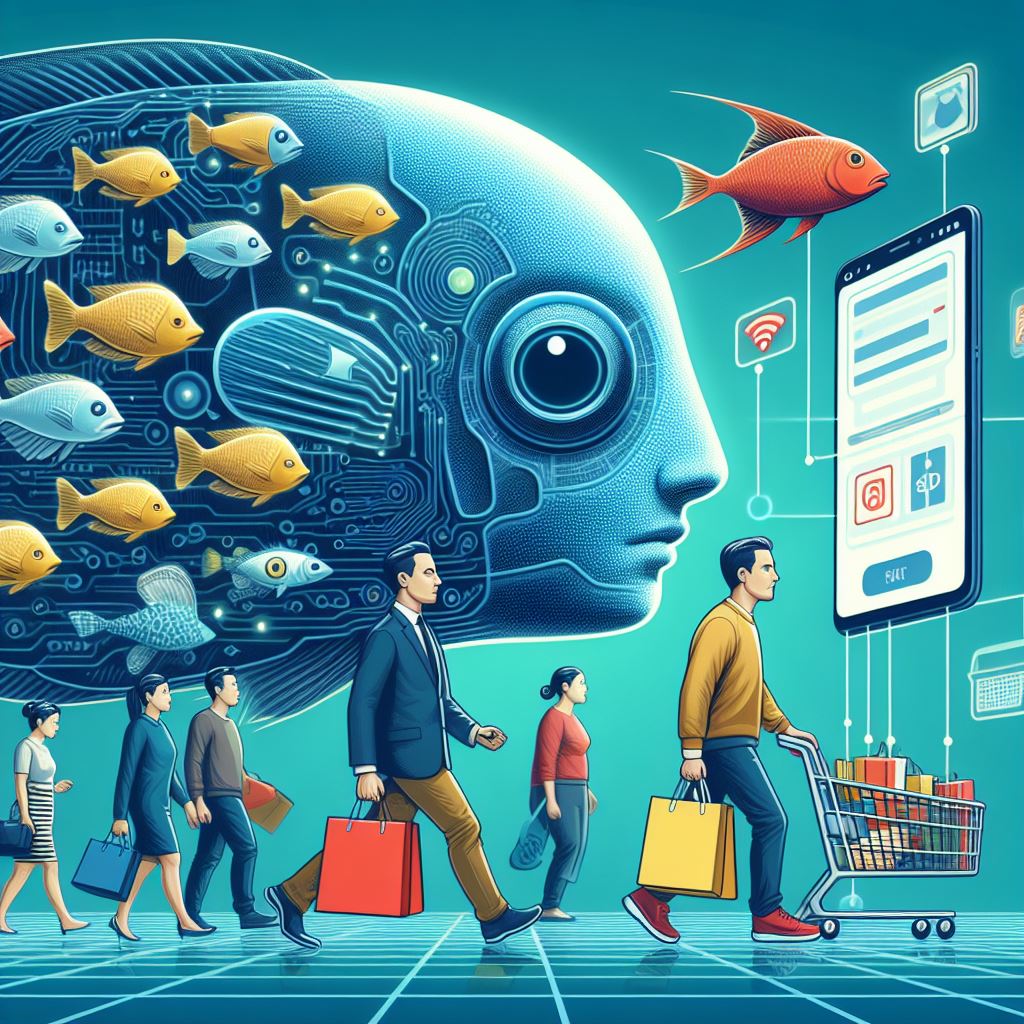
In the ever-expanding world of online shopping, a new threat is emerging - scammers utilizing artificial intelligence to deceive unsuspecting customers. This alarming trend involves the use of AI-generated images to entice buyers into purchasing products that may not match their online representations.
One victim, Assan Sayad, shared his cautionary tale after buying a vibrant "quilted" bomber jacket featured in an Instagram ad. To his disappointment, the jacket didn't live up to the online image. Sayad later realized that the appealing visuals were entirely AI-generated, a tactic employed by scammers to lure in consumers.
Tech expert Marva Bailer shed light on the issue, emphasizing that scammers exploit the accessibility of free AI tools to create professional-looking images and campaigns within minutes. She highlighted the challenges faced by the retail industry, stating, "Offers that seemed too good to be true are just that... too good to be true."
Grant Cardone's website exposed the modus operandi of these scammers, explaining, "Scammers simply create the description of a fake product and input that into any of the readily available image generators." The speed at which content is created and consumed, estimated at 4,000-10,000 ads per day, allows fake ads to slip through, according to Bailer.
The consequences of such scams are tangible, as evidenced by Sayad's experience. Many online shoppers, expecting unique and affordable products, have fallen victim to deceptive practices. Some have expressed frustration after realizing they essentially purchased thin air, believing in the legitimacy of seemingly unique items.
The issue extends beyond misleading images, with scammers using AI to fabricate positive reviews, creating an illusion of product popularity and customer satisfaction. Bailer warned that this misuse of AI technology could leave consumers disappointed after expecting happiness and beauty tied to a great deal.
While AI-generated scams pose challenges, Bailer acknowledged the positive impact of AI on retail, such as enhancing accessibility and personalization. Technologies like virtual makeup sessions and AI-powered dressing rooms contribute to creating a more inclusive and satisfying online shopping experience.
As the prevalence of AI-generated scams continues to rise, consumers are urged to exercise caution, scrutinize online purchases, and be aware of the potential pitfalls lurking behind the glossy exterior of artificial intelligence in the world of online shopping.